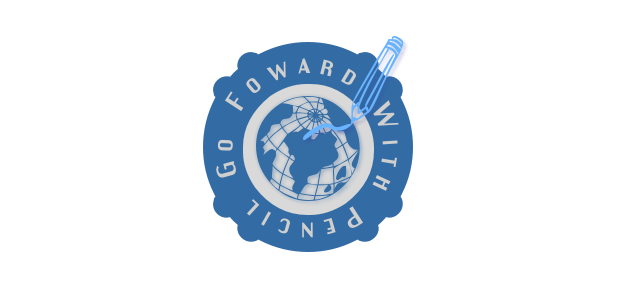I often worry about the impact my stories will have on those that read them. I worry that the need to root myself into everything I write will alienate people who don't share any common experience or worldview. I worry by writing what I know, I will push away those that I don't.
This is especially tricky for me because in my private life I aim to be as inclusive as possible. I find myself harboring bigotry for the ignorant and for the hateful, but, besides that, I do everything I can to approach situations and people by seeking to understand before I condemn, if at all I should.
I've written before about the Bechdel test and how it's a good sort of cultural thermometer. In the same stroke,
I've tried to paint a picture showing how such a test is ultimately ineffective, but that doesn't mean its ideas are useless. Stories with varied characters, whether of different sexes, beliefs, backgrounds, etc., are important for the sake of variety and because those are the stories that aid us in telling the truth. Of course, the truth, at least in a literary sense, is more about intention than it is about factuality, but I digress.
The Predicament
I've been making some great progress with a short story I've had in my head for some months now. The main character, a young girl, has surprised me more times than I can count, taking on a life of her own, as our creations so often do. The problem is that I find her world populated by many of the same types of characters; namely, they're big, scary men with a bone to pick with my young antagonist. Even if they aren't of the big scary variety, they tend to be male.
So, I find myself wondering: am I doing myself and the story an injustice by not populating it with other female characters? Surely, in the instance of the world being the main villain, the sex of the minor antagonists is superfluous at best, but what does it say about my writer's mind, my thoughts about the roles of the sexes in general, that the villainous nomads are all male?
The Double-Edged Solution
I want variation of character in all of my stories, but this decidedly monotonous representation of minor characters has left me to wonder what the implications would be on a bigger scale. What if, in this instance and others, having female characters or male characters or straight characters simply doesn't suit the story? Maybe what my narrative needs is a uniform type of bad guy. Does it make the tale inherently weak if it has no place for diversity?
This is something I've taken to calling the double-edged solution; truly, I want to satisfy the need for good female characters in storytelling, but if it doesn't serve the story, should I push to fulfill these sorts of "equality requirements" just because? It seems that forcing anything creative to fit into any kind of mold is the best way to stifle that creativity.
It's something I've thought about for quite a long time, and I've yet to come up with the answer to the question. I think that
more stories should be written to fulfill the Bechdel specs, but I'm torn by the idea that they should
all have to.
What do you think, creative community?
--
Charles Hayward is a web writer, short story author and novelist, and a social/political activist interested in furthering the cause of humanity, the well-being of the environment, and improving the world in general. His work has been featured on
Examiner.com,
Unplug the Matrix, and on the Japanese culture-themed blog
They Call Me An Egg.


.png)

